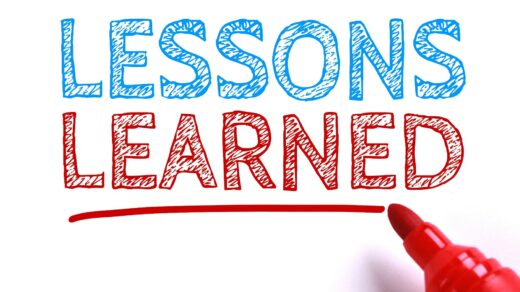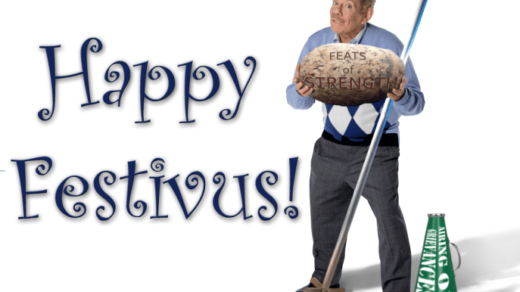
This is really a fascinating question. We all know (at least in Canada) that a customer (donor) has the legal right to look at the data you have collected on them. The whole file. Warts and all. (So be careful about the comments you put in their electronic file!)
Fundraising software (databases) is the technical backbone of any organization. Tens of thousands of prospect files are housed there, along with transactions, demographic information and event participation. The companies that create these databases have become quite well off for it (some are even on the stock exchange).
Many of these companies will benchmark you to other similar organizations (sometimes for a fee, sometimes for free). Some of these companies will even advise you on how to fundraise (which is usually by using one of their ‘add-on’ products like a Direct Mail program or a Peer-to-Peer module). And we, as consumers eat that up.
Would you not look at a bank cautiously if they told you how to earn your paycheck? I think that everybody should play in their own sandbox on this one — be the experts in what you do (data management).
Every database that fundraisers use has some sort of CRM (Customer Relationship Management) component to it. Otherwise, it just becomes an accounting program, measuring gifts/pledges in, redemption rates, etc. A team at Harvard has come up with the notion of the VRM (Vendor Relationship Manager) which is like the flip-side of the CRM. They state “VRM tools provide customers with both independence from vendors and better means for engaging vendors. These same tools can support individuals’ relations with schools, churches, government entities, and other kinds of organizations“.
Basically, the VRM would allow a donor to control how much information a nonprofit has about them. It puts the donor in the driver’s seat and is a radical departure from the status quo (though I believe that is where we are headed as a profession).
Look at the king of data, Facebook. People post articles, pictures, likes, etc all the time. That is what Facebook is there for. We are amused when Facebook creates nifty videos for us showing where we have been and who we have become friends with. But in exchange for these niceties, Facebook keeps that information and often ‘sells’ it to their advertisers. I cannot arrange for them to delete my file (even after I have died). The VRM takes that business model and totally flips it on its head. The VRM would allow me to decide what data Facebook gets to collect on me, for how long, etc.
This VRM model would make charities focus on the quality of donors rather than the quantity. The notion of ‘spray and pray’ where thousands of mass solicitations are sent out with the hopes of a 2% positive return will soon be gone. I have long contended that I would rather send out mailings to a ‘warm’ list of 1,000 than a ‘cold’ list of 10,000.
I am not writing this blog as a data conspiracy theorist while wearing a tinfoil hat to keep the cosmic rays from penetrating my mind. Rather, it is a thought of the natural evolution of freedom of information.
Until next week,
L’chaim
jack




